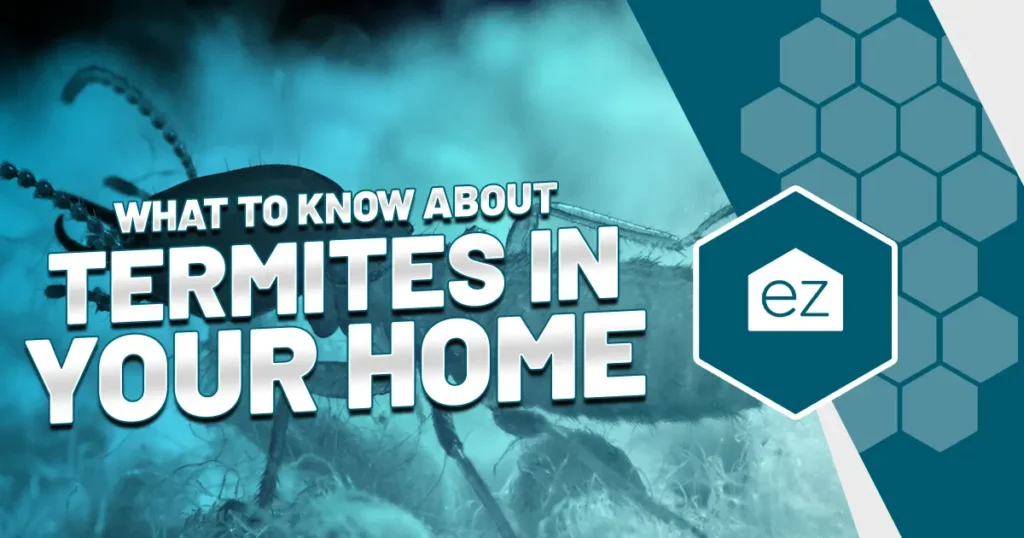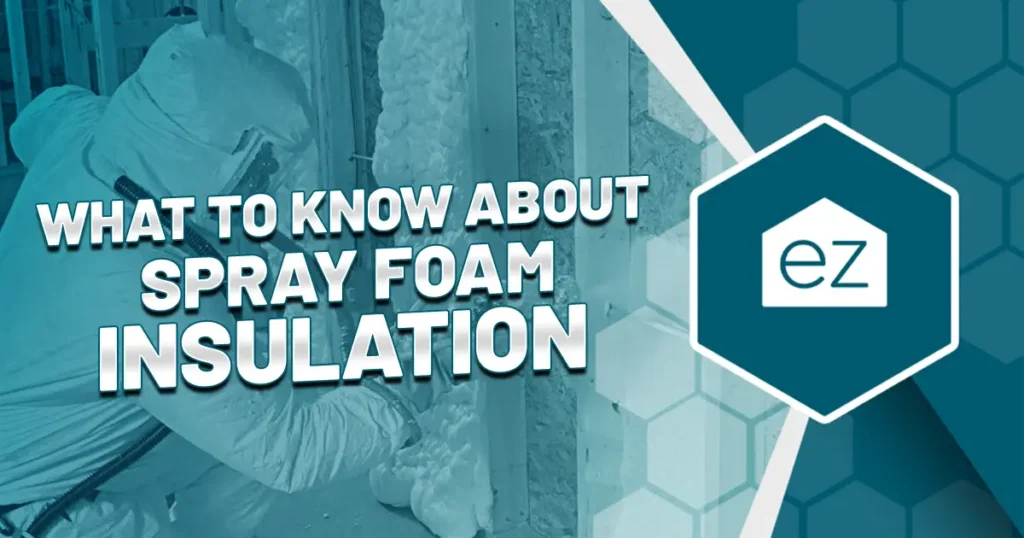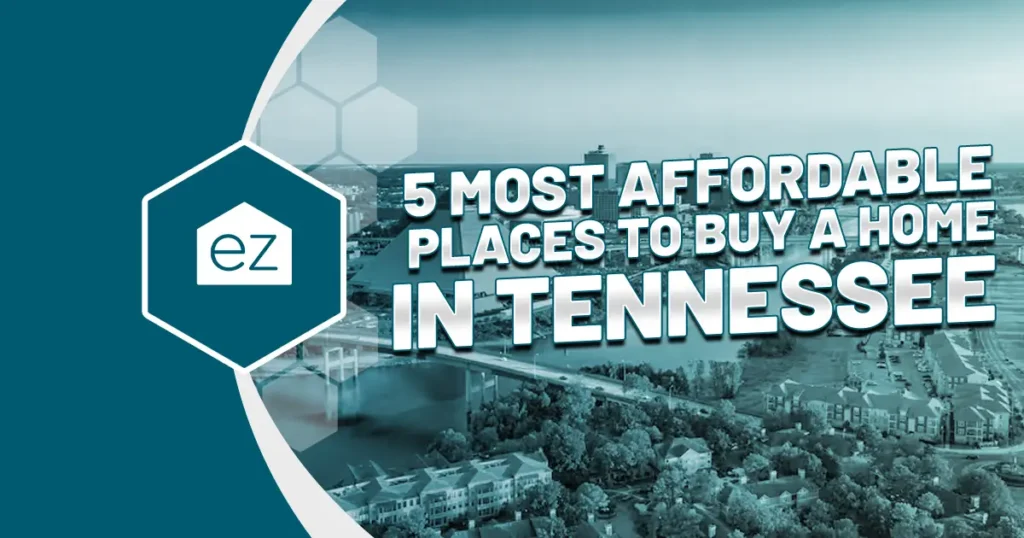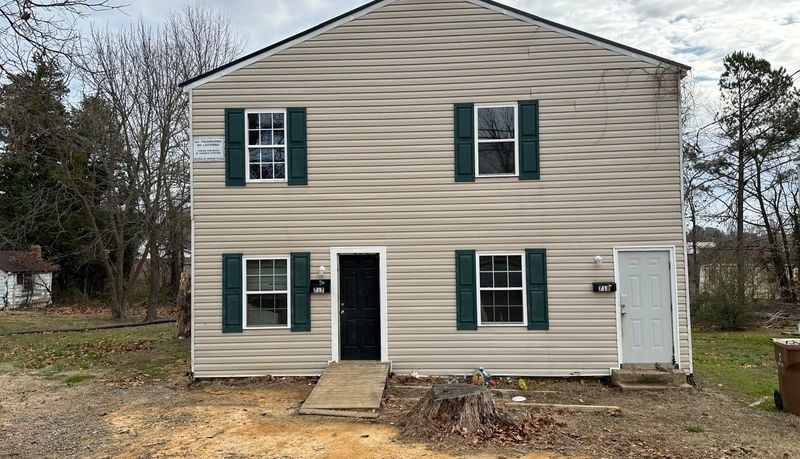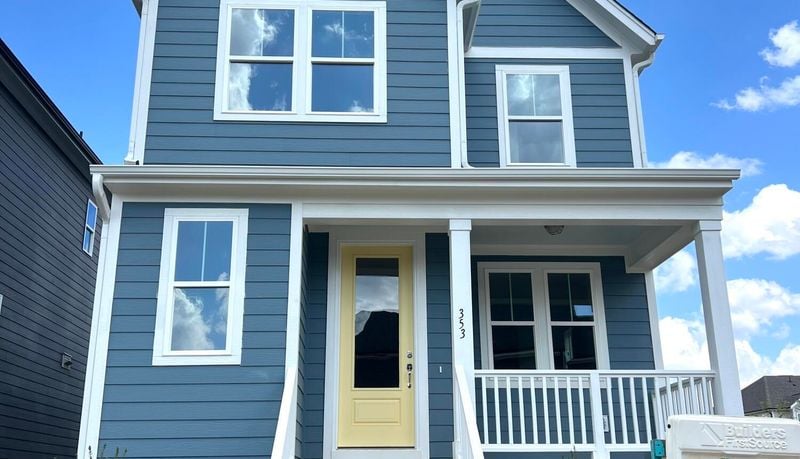9 Basic Steps of Buying a Home
The home buying process is a complex journey that demands your time, effort, and attention. It’s a significant investment, possibly the largest one you’ll make. So, where do you begin? In this article, we’ve simplified the process into nine basic steps, from start to finish. Our aim is to provide you with a comprehensive guide that will help you navigate this journey with confidence.
Determine Your Budget & Save
It’s imperative to determine how much you can afford before you buy a home and apply for a mortgage. The general recommended rule is to look for homes no more than three to five times your annual household income. That includes the recommended 20 percent down payment.
Once your budget is set, it’s time to start saving for that down payment in cash. While 20 percent is recommended, you don’t need that much. Depending on the mortgage program, your down payment could be as low as 3 percent of the price of the home. This flexibility in down payment options should alleviate some of the financial pressure.
However, not only do you need down payment funds, but you’ll also need to save for closing and moving costs. For the first, aim for 3-5% of the purchase price for closing costs. Even if you do-it-yourself moving, it still takes money to buy boxes, rent a truck and dolly, and haul your goods.
Research Listings
Search online and in-print real estate literature for home listings that match your criteria. Note location details, like traffic, school district, and proximity to restaurants, parks, shopping, and more. Pay attention to any changes in the asking price to give you a heads-up on housing trends.
Preliminary research of current listings can help you identify specific areas to narrow your home search. Ityou the style of homes on the market so you can will also show set realistic expectations of your price point.

Get Prequalified & Preapproved for Your Mortgage
Research the different types of mortgage loans available and find the one that will be best for you. The most common are:
- FHA loans, popular for first-time home buyers because of the low 3 percent down payment
- USDA loans, for people buying homes in rural or suburban areas
- Jumbo loans, for loan amounts priced at more than $766,550 (2024 Updated)
- Conventional loans, backed by a private lender rather than the government
Once you’ve decided on the loan type, get prequalified for a mortgage to close on the home faster. The mortgage lender will request financial information such as your income and the amount of investments you have. Later, to get preapproved for credit, you’ll have to provide more specific financial documents, like paycheck stubs, W-2 statements, and more.
Hire an Agent
Hire a real estate agent before you begin your search for a home. Choose an agent you trust to guide you in the best direction of the best neighborhoods for you and your budget. Real estate agents watch the latest trends and have hyper-local knowledge of the market. Your agent is your partner when it comes to offers and negotiating further toward the end of the home-buying process.
Get Serious About the Home Hunt
Now with prequalification, an agent, and some background market knowledge, start searching and touring homes in your price range, in the communities you want to live. Look for the homes that check off many of the things on your wish list, but note that the homes may not have everything you want. You’ll have to decide what are priorities for you.
Use your agent as a resource for home listings that may not be accessible to the public, or bring a list of homes you’ve already researched in step 2 that still meet your criteria and preapproved budget.
Here is a checklist of details to note when you attend home showings.
- Turn light switches on and off
- Test the water pressure and how long it takes to get hot water by running the shower
- See if windows and doors open and close
- Make note of next-door neighbors if they’re out and about
- How well-kept the neighborhood is
Make an Offer
Do you feel like you’ve found your dream home? Now, get serious and submit an offer. Work with your agent to develop a fair offer based on neighborhood comps, which includes extras and contingencies. After the offer is proposed to the seller, you’ll normally hear back within a few days to see if it has been accepted, rejected, or received a counteroffer with changes. If it’s accepted, you’re one step closer to closing!
Get a Home Inspection
Your agent will help you arrange a home inspection from their recommended vendors within a few days of the accepted offer to check for structural damages conducted from a comprehensive checklist. Based on the inspector’s findings, you can renegotiate your offer if anything is found in his report, even withdraw the offer if the report reveals significant damage.
Get the Home Appraised
The role of a third-party appraiser is to let all parties involved in the sale know that you’re paying a fair price for the home. Your lender will arrange the appraisal, which acts as an independent home value estimate.
Close the Sale
You made it! You’re at the finish line and will be signing a pile of paperwork, including loan documents, to complete the purchase of your home. This is usually conducted in the office of a real estate attorney. After your last document is signed, it typically takes a couple of days for your loan to be funded and the check to be delivered to the seller.
Welcome home!
Updated April 2024
Start Your Home Search
Preston Guyton
Share this Post
Related Articles
Buying a Home
Conforming Loan Limits: A Guide for Homebuyers
Buying a Home
What to Know About Termites In Your Home
Buying a Home
What to Know About Spray Foam Insulation
Buying a Home

